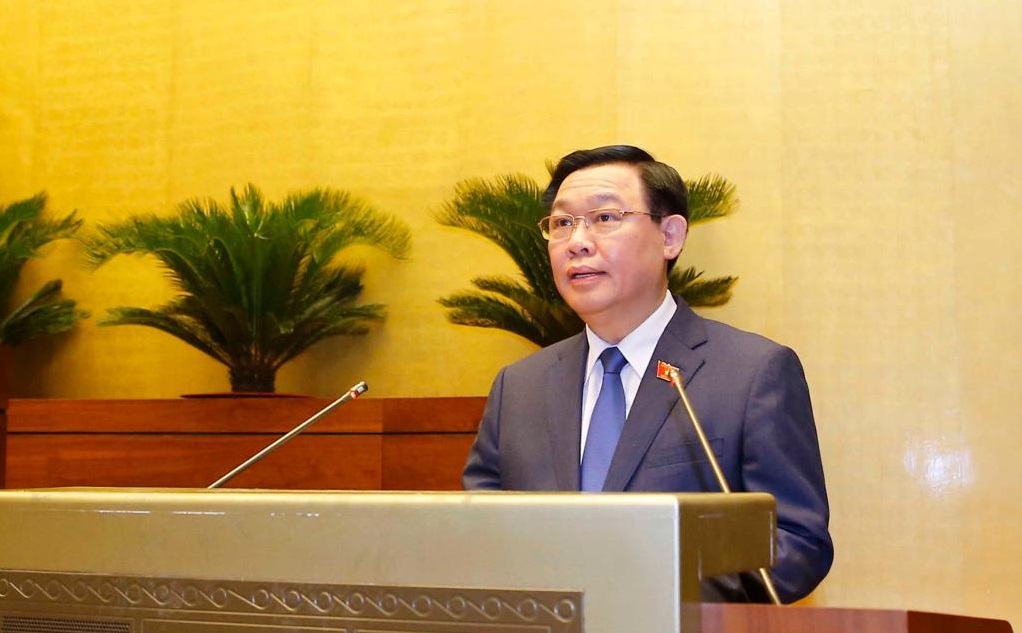Vietnam’s anti-corruption campaign and the race for the leadership of the Communist Party
Parliamentary Chairman Vương Đình Huệ is the latest illustrious victim of "blazing furnace", forced to resign last week. The country is trying to ensure stability by showing that it has an efficient political class, but the results have proven to be unpredictable.
Hanoi (AsiaNews) – Vietnam’s anti-corruption campaign, known as "blazing furnace", continues to claim victims.
The latest is the Chairman of the Parliament, Vương Đình Huệ, who was forced to resign last Friday over unspecified "violations and shortcomings" against the rules of the Communist Party, even though he sat in the central committee and the politburo.
This follows last month’s resignation of President Võ Văn Thưởng, the second head of state to fall from grace in a year.
This is a clear sign that the party, which has come under criticism and pressure to support real development in society by setting an example of efficient and upright conduct, is struggling to manage the transition.
Political stability is seen as essential to continue to ensure the flow of foreign investment. The local business groups are particularly keen on this, despite their involvement in corruption scandals.
Earlier this month, real estate tycoon Trương Mỹ Lan was sentenced to death for her role in financial fraud worth US$ 24 billion to the country.
The anti-corruption campaign is having unpredictable results, affecting the inner workings of the one-party state.
Huệ, who had been mentioned as a possible presidential candidate, held one of the four “pillars” of Vietnam’s leadership.
Only three weeks ago, he held talks with President Xi Jinping in Beijing to boost relations between the two countries. Yet even he was spared from an ignominious end.
“Comrade Vuong Dinh Hue’s violations and shortcomings have caused negative public opinion, affecting the reputation of the party, state and him personally,” reads a press release by the Central Committee of the Communist Party
In fact, his assistant’s recent arrest for bribery involving a construction company already sent a signal of things to come.
With Huệ’s resignation, another top position has opened up in a leadership already characterised by many vacancies; Vietnam’s parliament is expected to discuss a possible successor at a special party meeting next month.
This will provide an opportunity to fill a dangerous power vacuum, but also seek coherent lines of action.
In this context, the debate could begin on Nguyễn Phú Trọng’s replacement as general secretary of the Communist Party, whose mandate expires in 2026.
One potential candidate for this post is Public Security Minister Tô Lâm, who has played a central role in the anti-corruption campaign.
18/07/2024 19:26







.png)












